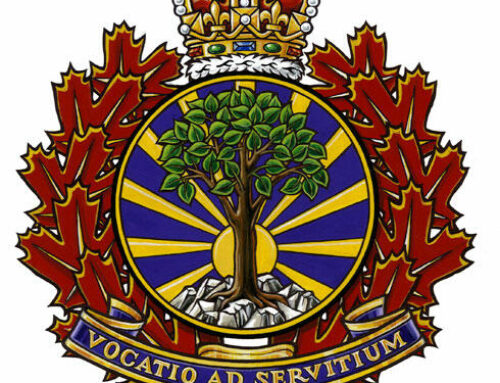Grief interrupts life
Tears soak agendas
We long for predictability
yet loss overwhelms
& all we have is lament
Death and goodbyes are numbing experiences. Regardless of any sense of preparation, once life’s inevitable dance comes to an end, those of us left behind must figure out what this new reality looks like, feels like and lives like on a dance floor now emptied. I totally get the brain science about why grief and goodbye saying is hard. Our memories, habits and living day-day are intertwined with those who have died. Those networks, which are hardwired in our head, that formulate our sense of being, therefore, begin to break down. Somewhere in there is where our rational mind and emotional being wrestle.
But just because the science makes sense, it doesn’t ever or in any way make death pleasant. In fact, knowing too much can distract from the need to be in the loss. Over the last week, my household has had to say goodbye to a matriarch of our family and to also help one of our dog companions die. It’s been a difficult time and one that has led me to wrestle with death’s presence.
• What do we do when we are left behind?
• How do we find anything hopeful when our identity
loses those central to how we understand ourselves?
• How, as Christians, do we find comfort in what we all know is part of life's cycle
and what we would nonetheless rather not confront?
The history and understanding of death and the hereafter or heaven is rich and speaks to the beautiful subtlety that is our human capacity to describe that which we will never know while alive. The Christian journey has told many stories to try to understand this inevitable mortal cycle. Whether that's being reunited with those left behind in some sort of party or festival. Pearly gates and big clouds is another image in which we might find comfort. Another Judeo-Christian understanding describes the hereafter as a void that is beyond understanding. A further metaphysical tale might be adapted from quantum mechanics, in which we are all interconnected and consciousness may not be understandable at the foundations of where myth and science meet.
Regardless of what's true, I think there is more than the need to understand and to find comfort with death. How we say goodbye connects us to central ideas and the ethics of our mortal lives. After all, if what we believe creates reality then our intention in those beliefs must come into play. Our intention becomes central to understand the ways in which the living interact with one another since the dead – without being callous – are free from the considerations that govern this life. A life that is bound to time is an arrow let go from a bow.
And so, with goodbye saying begun, I find myself most drawn to the wisdom of an elder now gone. I remember her sense of humour and her own willingness to grow and learn, when our understandings of age might lead to assumptions. I find myself pining for my lost furred companion, who would work tenaciously and offer love unconditionally. Who would demand to be loved and return such offering tenfold. In the grief that is present, I am reminded (ultimately) that no person or creature, that no aspect of creation is mine. I do not own you or those who with whom I have the honour to walk in this life. I get to choose how to praise you, honour you and, if in some way I am fuzzy about the specifics as to what's on the other side, I do think that a certain line, from a certain movie that paraphrases the Roman philosopher and Emperor Marcus Aurelius, rings true to me in these dark cloud gathering moments when all I can do is lament and let certainty and answers go: "What we do in life echoes in eternity."








Your reflections are most welcome!